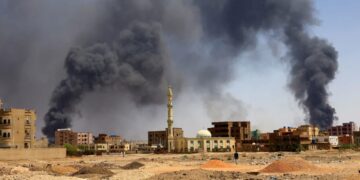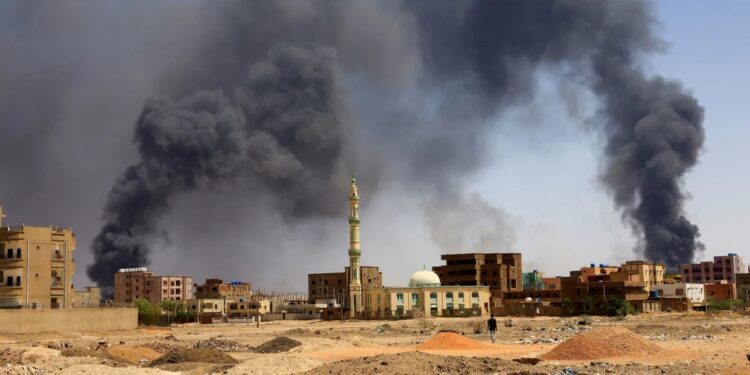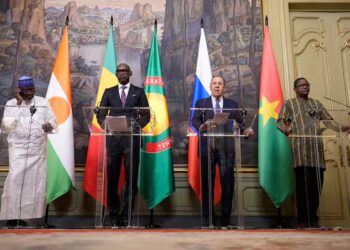By John Ikani
Sudan’s warring factions have initiated a cease-fire, marking a significant turning point after months of intense conflict that plunged the nation into disarray.
As dawn broke on Sunday, residents in Khartoum and its neighbouring city of Omdurman reported a welcome “relative calm” following the previous day’s reports of fierce clashes.
The three-day truce, which took effect ahead of a pivotal pledging conference organized by the United Nations and partner nations, aims to address Sudan’s pressing humanitarian needs.
The gravity of the situation is underscored by the UN’s disheartening revelation that less than 16% of the required $2.57 billion has been received to assist those in need within Sudan this year.
Also, an additional $470 million is urgently needed to support refugees in the Horn of Africa region.
Saturday saw the United States and Saudi Arabia, leading diplomatic efforts to quell the conflict, jointly announce the agreement for the cease-fire.
Both parties expressed that Sudan’s military and the rival paramilitary group, the Rapid Support Forces, have committed to halting hostilities and refraining from seeking military advantages during this crucial period of respite.
The roots of Sudan’s descent into chaos can be traced back to escalating tensions between rival generals, which erupted into open fighting across the country in mid-April.
The capital, Khartoum, and the western Darfur region have borne the brunt of this harrowing armed conflict.
Urban areas transformed into harrowing battlegrounds, claiming the lives of over 3,000 individuals and leaving more than 6,000 wounded, according to Health Minister Haitham Mohammed Ibrahim.
The fallout from the violence has forced a staggering 2.2 million people to flee their homes, seeking safety both within Sudan and in neighbouring nations.
However, the current cease-fire is just the latest attempt in a series of truces brokered by the US and Saudi Arabia.
Previous agreements, unfortunately, failed to put an end to the fighting, with both sides repeatedly violating the fragile accords, leaving mediators frustrated and dismayed.
While the nation grapples with the ongoing conflict, Sudan’s humanitarian situation continues to worsen.
A staggering 24.7 million people, representing more than half of the country’s population, are in dire need of critical humanitarian assistance.
Heightening concerns, the World Health Organization warns that by year-end, over 100,000 children are projected to suffer from severe acute malnutrition accompanied by debilitating medical complications.
To address the escalating health crisis and provide essential aid to those affected by the conflict, the World Health Organization urgently requires $145 million in funding.
Ahmed Al-Mandhari, the WHO regional director for the Eastern Mediterranean, emphasizes that these funds are imperative to prevent the imminent collapse of Sudan’s already fragile healthcare system.
The conflict’s devastating impact extends beyond lives lost and displaced populations.
Sudan’s infrastructure lies in ruins, with an alarming 60% of health facilities rendered nonfunctional across the country.
Compounding the dire situation, the drastic shortage of medical supplies, many of which were either destroyed or looted, has further exacerbated the healthcare crisis.
Shockingly, between April 15 and June 8 alone, the WHO has documented at least 46 attacks on health facilities, dealing severe blows to Sudan’s ability to provide vital medical services to its citizens




































